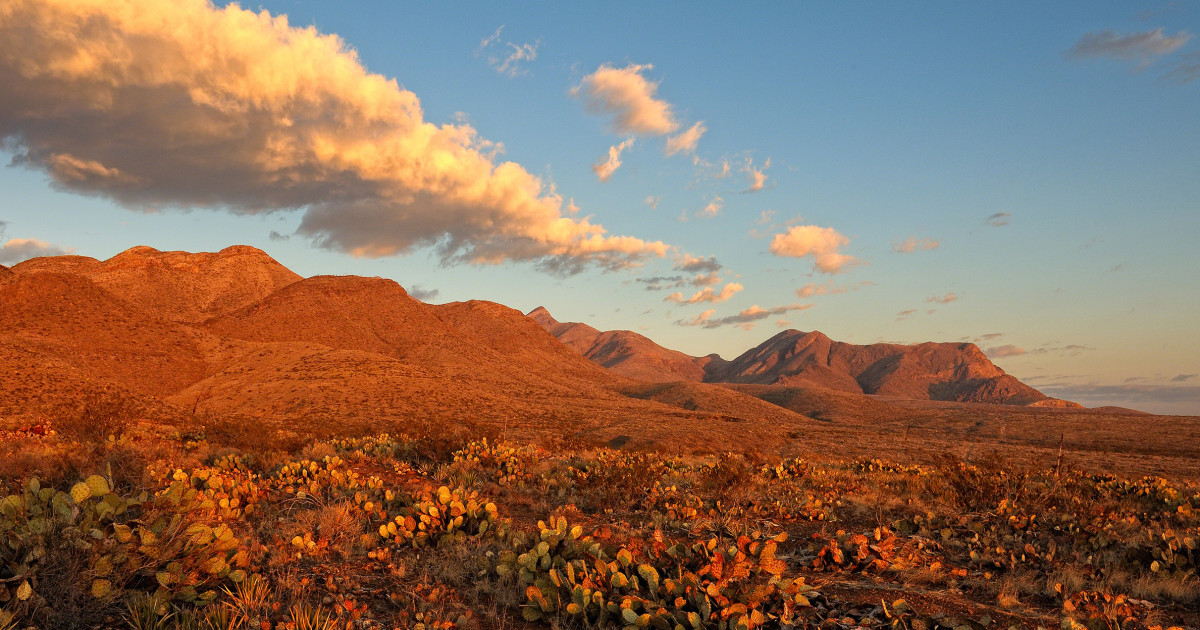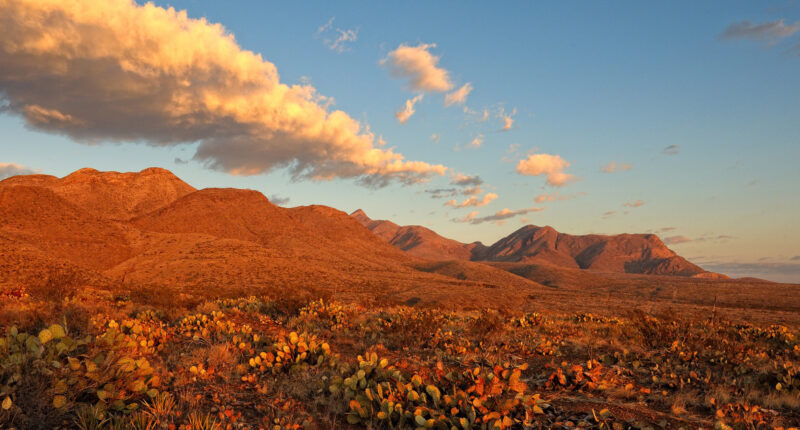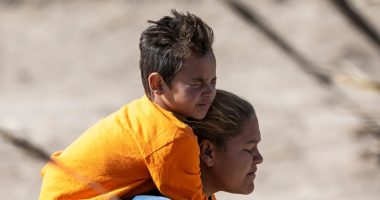
A historical and ecologically rich swath of land in El Paso was designated a national monument by President Joe Biden on Tuesday.
The announcement making Castner Range, an almost 7,000-acre landscape located along the Rio Grande, a national monument was lauded by residents and groups who have been advocating for its preservation for over a half-century.
“After 52 years, and so many letters of support — a lot of work has been put into all this — from community members [to] staff volunteers,” Moses Borjas, a local pastor, told NBC News.
Borjas is a member of Por La Creación Faith-Based Alliance, a group of religious leaders advocating for environmental preservation that is part of the Hispanic Access Foundation, a national nonprofit.
Castner Range has been found to be the ancestral lands of several Indigenous groups, including the Comanche Nation and the Apache. Latino preservationists have long touted the land as still sacred to Native and Indigenous communities. It’s the home of dozens of archeological sites as well as a wildlife habitat.
But Castner Range, located on Fort Bliss, was also a training and testing site for the Army for decades until it closed in 1966. The area still has unexploded munitions. Castner Range will be under the control of the U.S. Army.
“Once the area is sufficiently remediated to be safe for public access, Castner Range will offer unique opportunities for the El Paso community to experience, explore, and learn from nature,” according to a statement from the White House.
In an area where more than 8 in 10 residents are Latino, groups have touted the importance of the landscape as a recreational space and a mental health resource. The area borders many communities that lack economic resources.
“We are eager for this dangerous and inaccessible landscape to become a safe and accessible region for respite for the first time in many generations,” said in a statement Mark Magaña, CEO of the environmental advocacy group, Green Latinos.
According to a report from the Hispanic Access Foundation, Latinos in El Paso living near Castner Range have disproportionately high rates of asthma and chronic diseases. The report found that designating the land as a national monument would help protect essential outdoor space and close the nature gap.
“The challenges that our city has faced — such as poverty, pollution, inequality, climate change — are the results of broken relationships,” said Maite Arce, president and CEO of Hispanic Access Foundation. “Protecting Castner Range is not only protecting our mountains and wildlife but it’s protecting our history, heritage and our legacy.”
Preservation efforts first began in the 1970s and calls to have the landscape designated as a landmark began about a decade ago. Rep. Veronica Escobar, D-Texas, first introduced The Castner Range National Monument Act in 2021.
For Latino communities, according to Borjas, the designation meant, “Your voice has been heard.”
Source: | This article originally belongs to Nbcnews.com










